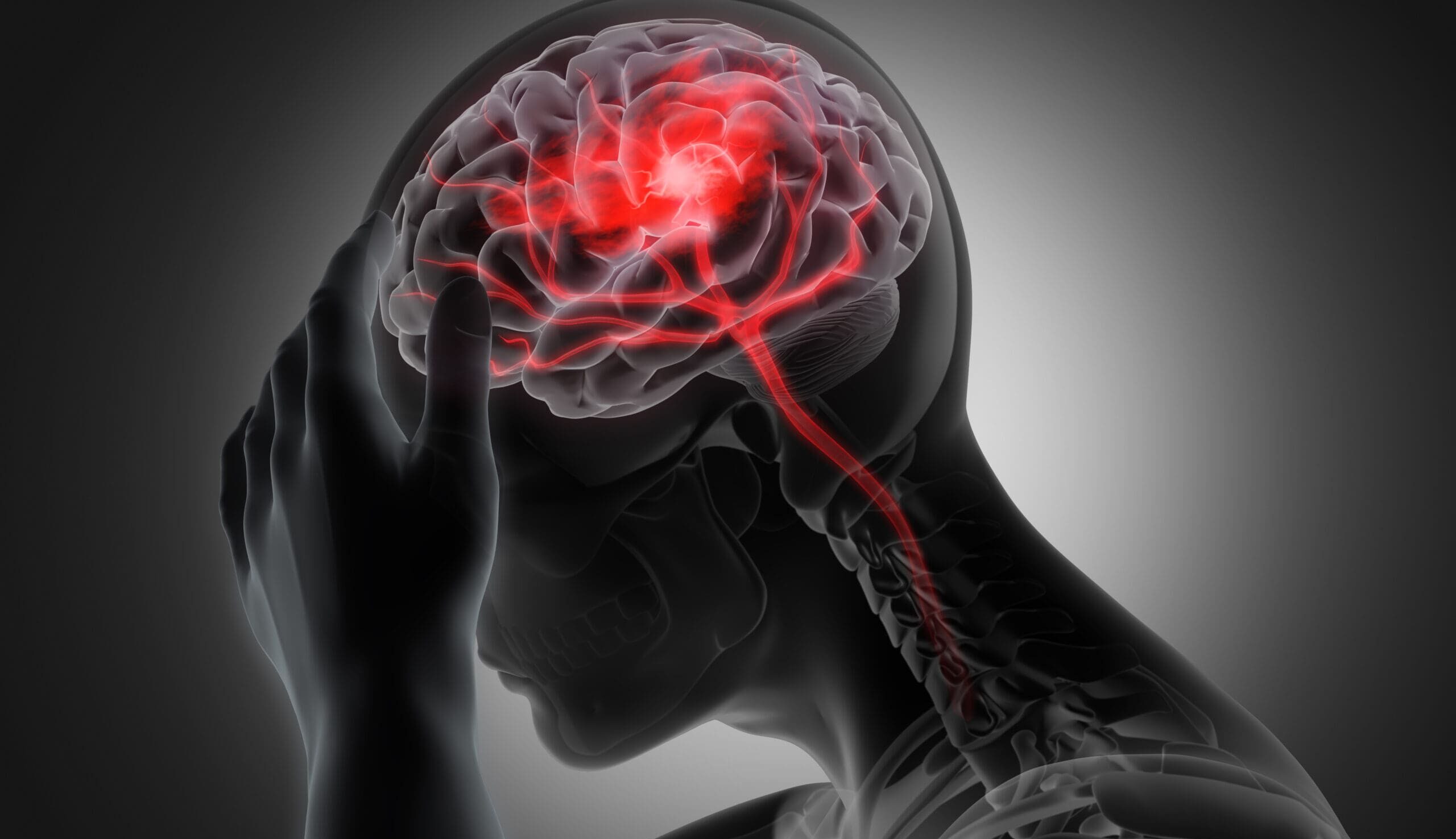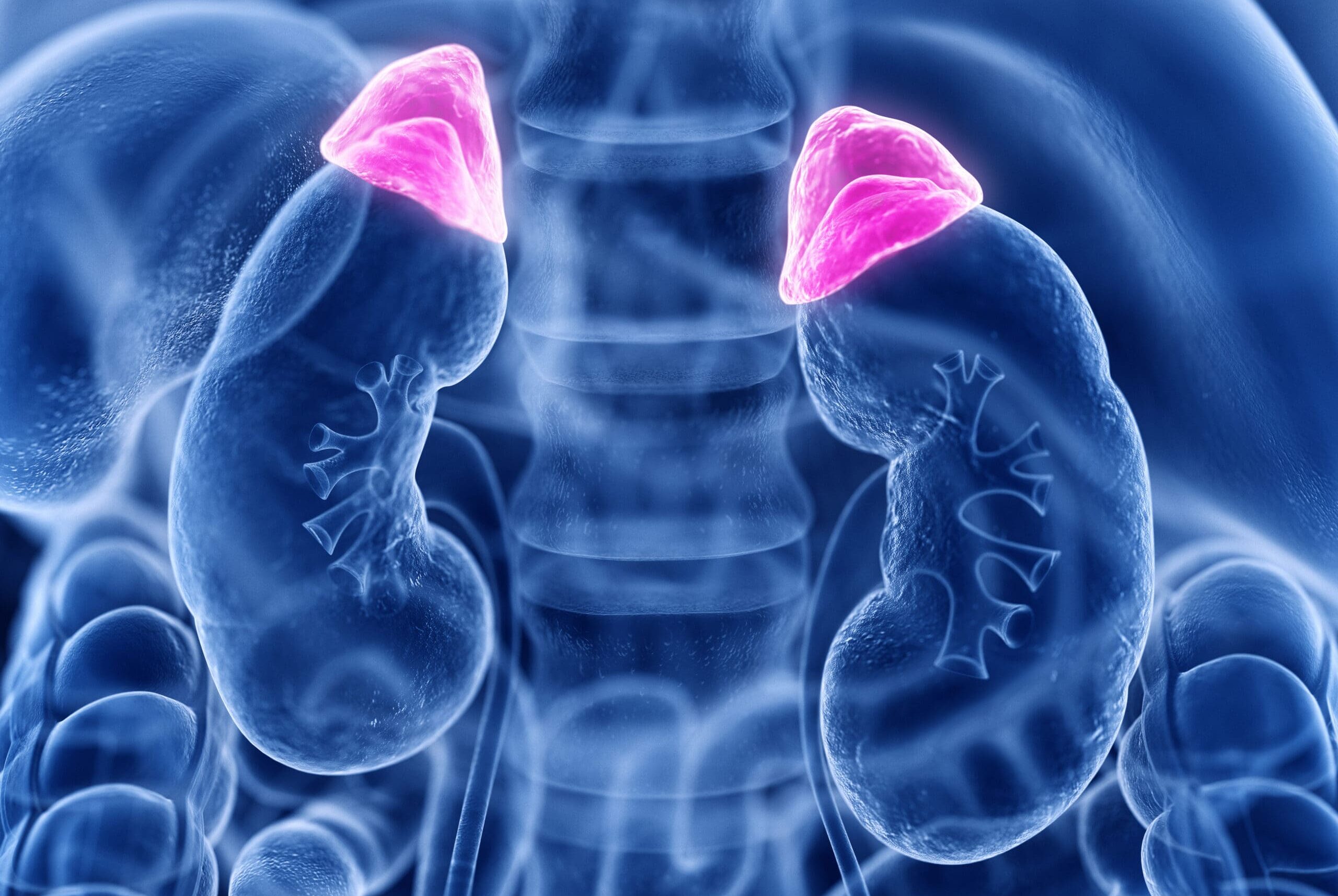Can heavy metal toxicity lead to mental health problems like depression or anxiety?
By Margaret Jasinska, Naturopath
There is quite a bit of research to confirm that heavy metal toxicity can lead to mental health problems like depression or anxiety. This topic was highlighted by an article in the Courier Mail titled “Is there something in the water destroying Australia’s swimmers?” You can read the entire article here. Recent addiction problems among former Australian swimmers has prompted a female former professional swimmer (who wants to remain anonymous) to reveal her long term struggle with depression. She claims her depression was largely caused by copper toxicity, through overexposure to chlorine.
According to the swimmer, “I started noticing problems at about 16, 17. I started getting really fatigued. Doctors didn’t know what it was; they started putting me on anti-depressants. Obviously that made it worse. It got to the stage where I couldn’t get out of bed. It wasn’t until I went to a naturopath – they did hair samples and figured out that I had really bad copper toxicity, which was from the chlorine in the water.”
Chlorine reduces the ability of your body to excrete copper. The high level of chlorine exposure to these swimmers could have easily allowed copper toxicity to develop. Being zinc deficient also raises the risk of copper toxicity. Zinc deficiency is extremely common, particularly in women, but can occur in anyone. White spots on your nails are one sign of being zinc deficient. Having a weak immune system is another. Zinc deficiency is extremely common in vegetarians and vegans and people who just don’t eat meat very often. This is because it is poorly absorbed from plant foods.
Zinc deficiency is also known to contribute to and aggravate depression in patients with anorexia and bulimia, as well as women suffering with postnatal depression.
Besides copper, excessively high levels of mercury and lead are also known to contribute to mental health problems. Apart from depression, mercury toxicity has also been implicated in emotional instability and shyness, insomnia and tingling sensations in the limbs.
The most common sources of mercury are dental amalgam fillings, contaminated seafood and some vaccinations (mercury has been replaced by aluminium in most vaccines but it is still present in the flu vaccine).
Lead toxicity is extremely common. Lead was previously used in paint and fuel. It has been removed from most of these sources; however lead remains in the environment and in the soil for a long time. Other potential sources of lead include toys made in China, makeup, crockery and some canned foods. Some country towns in Australia are notorious for lead contamination due to previous mining activity.
Lead is well known to affect a child’s learning ability and may raise the risk of attention deficit disorders and autism. In adults lead can reduce mental concentration and attention span. It also raises the risk of anxiety, depression and thyroid conditions.
Depression and anxiety are complex conditions that are usually caused by a variety of physical and emotional factors. Heavy metal toxicity may just be one component of the problem, which you probably haven’t considered.
If you suspect heavy metal toxicity may be a problem for you, there are a number of tests available to find out. A combination of blood tests, urine tests and hair analysis are usually required. Your doctor or naturopath can organise these tests for you.
Heavy metal detoxification
Heavy metal detoxification can be a lengthy process. The first step is to try and reduce your exposure to these toxic metals. The following steps are also recommended:
- Certain minerals can compete with toxic metals for absorption into your body, thus reducing the amount that enters your body. Also, these beneficial minerals can displace toxic metals from your body, helping you to detoxify.
- Sweating helps to remove heavy metals. Therefore exercise and saunas are a very powerful detoxification tool.
- Adding garlic to your diet can help to detoxify your body from lead. Research has shown it may be more effective than medical chelating agents used specifically for lead poisoning, and it’s definitely safer.
- Chlorella is a type of algae that research has shown is very beneficial for mercury detoxification. Chlorella is a key ingredient in the Ultimate Body Cleanse powder in the Dr Cabot 15 Day Cleanse program which supports liver and gut detoxification and reduces inflammation.
- Coriander is also well known for its ability to help increase heavy metal excretion from the body. Try to include fresh coriander in your salads and vegetable juices as often as possible.
- Pectin is known to bind to toxins and heavy metals in the bowel for excretion. It is a key component of Ultimate Gut Health powder which is great for detoxing and healing the gut.
Heavy metal toxicity is a common problem and something you may not have thought could affect your mental health.
References:
http://www.ncbi.nlm.nih.gov/pubmed/22151785
Trivieri, Jr., Larry, and Anderson, John W. Alternative Medicine: The Definitive Guide. 2nd ed. New York, USA: Celestial Arts, 2002
http://www.ncbi.nlm.nih.gov/pubmed/15721537
If you would like to find out more about this subject or make an appointment to see Margaret, please email her at margaretj@cabothealth.com.au









Leave A Comment